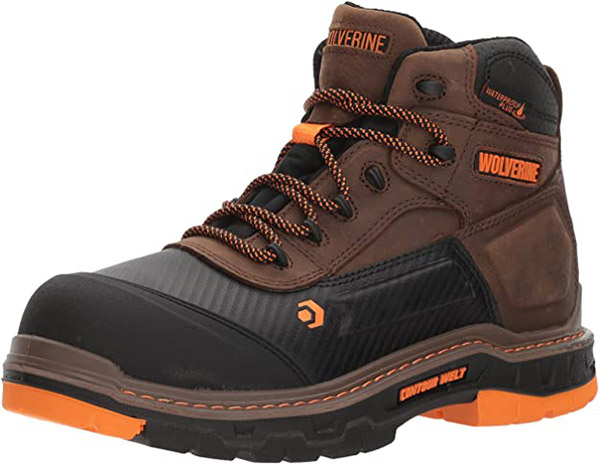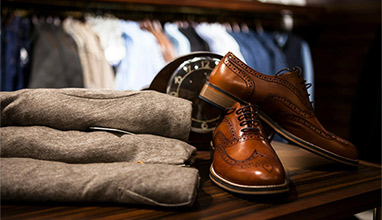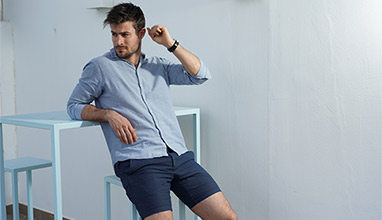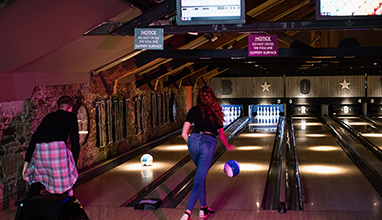Considerations While Shopping for Waterproof Boots
Waterproof boots exist in various forms and sizes and are suitable for multiple activities. There will be times when waterproof boots are the only way to keep your feet dry and toasty, and not possessing a pair will ensure pain. They aren't always required, but having a pair on hand might make life a bit smoother and more pleasant. With so many different types of waterproof boots to pick from, your duty, if you accept it, is to figure out which ones are ideal for you. Consider the following crucial aspects when looking for waterproof boots.

Activity
Thirty years ago, the towering, nearly knee-high rubber boots were about the only genuinely waterproof boots available, and they weren't necessarily the most comfortable footwear around. If you're going to be wading through a muddy pond or working cattle in a damp, dirty cow lot, those are probably the best boots for you. Other waterproof shoes will suit you better if you're going on a lengthy trip, upland bird shooting in wet weather, or other outdoor hobbies that demand a lot of steps. Waterproof hiking, backpacking, and hunting boots often include leather or synthetic uppers with a comparable waterproof membrane. The material in these boots keeps water out and enables moisture in the form of sweat to escape. These will keep your feet dry in almost any activity, except those in which you spend a lot of time in standing water or muck that is higher than the tops of your boots.
Temperature
The waterproof work boots you'll need are determined not only by the activity you'll be doing but also by the temperature. In the heat, any boot with insulation will make your feet uncomfortably hot. For activities that demand waterproof boots in the summer or other warm seasons of the year, look for waterproof boots with no or very little insulation. Tall rubber boots, on the other hand, are unlikely to make a difference. They typically result in sweaty feet due to their lack of breathability. Keeping your feet warm in really cold, wet weather is a difficult task, but more insulation will go a long way toward achieving that aim.
Fit
The fit varies depending on the style of boot you purchase, but it is a critical factor to consider. Nobody has ever appreciated an ill-fitting pair of boots, particularly if they plan on doing a lot of walking with them. In a word, hiking boots should be snug everywhere but not too tight anywhere and allow you to wriggle your toes. Always consider whether you'll be wearing them with an extra insole and how thick your socks will be while picking the proper size for you. These elements will influence whether or not your boots are correctly fitted for you. Brace yourself if you want to walk long distances in tall rubber boots: they will certainly not fit well or be very comfortable. They're also bulky, and because they don't "breathe," they'll make your feet sweat in hot weather or while you're working hard. They are, nevertheless, effective at their only goal of keeping your feet dry.
Durability and Wearability
Waterproof work boots that are built to last are a favorite of many vendors. When it comes to all-around robust footwear, leather boots are usually the way to go. If you need to operate in a facility with a lot of chemical spills, experts recommend PVC, which is chemical-resistant. Most work boots include a back pull loop or tab that allows you to put them on fairly immediately, which is ideal for working on the move or if you're late. This will enable you to get to your work ahead of schedule. It's ultimately up to you. Do you want to put on a pair of waterproof work boots that will keep your feet dry but won't last as long as a pair of regular work boots? Instead, would you spend more money on a higher-quality shoe that will last longer but maybe less water-resistant? Waterproof boots are necessary in any case if you operate in construction or other sectors where heavy gear is in use all day.
Hits: 7062 | Leave a comment
Tags:waterproof boots, footwear, shopping

















